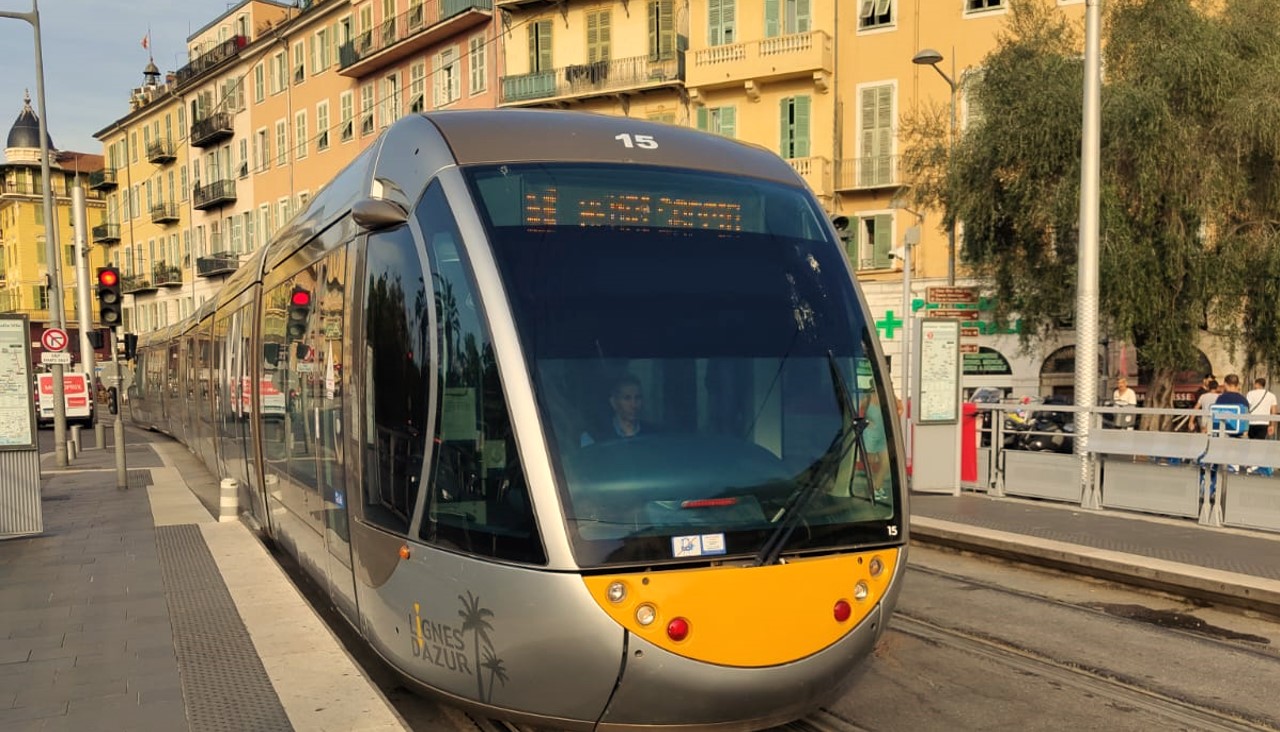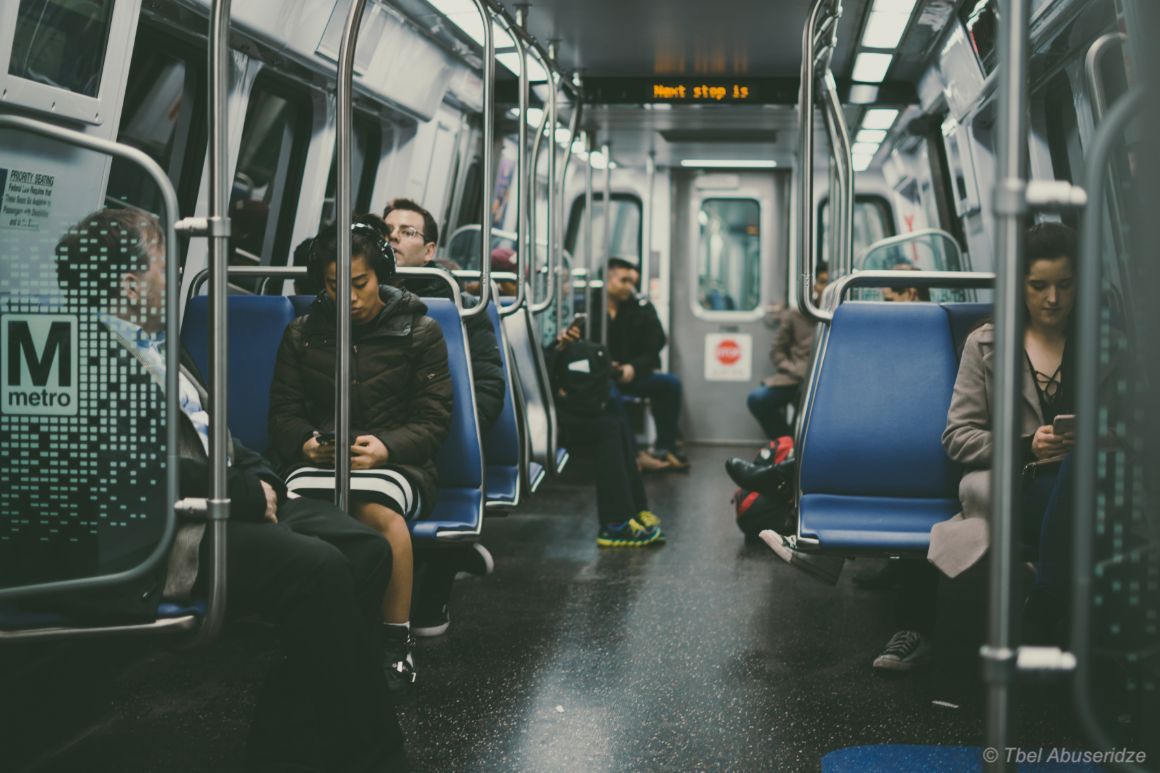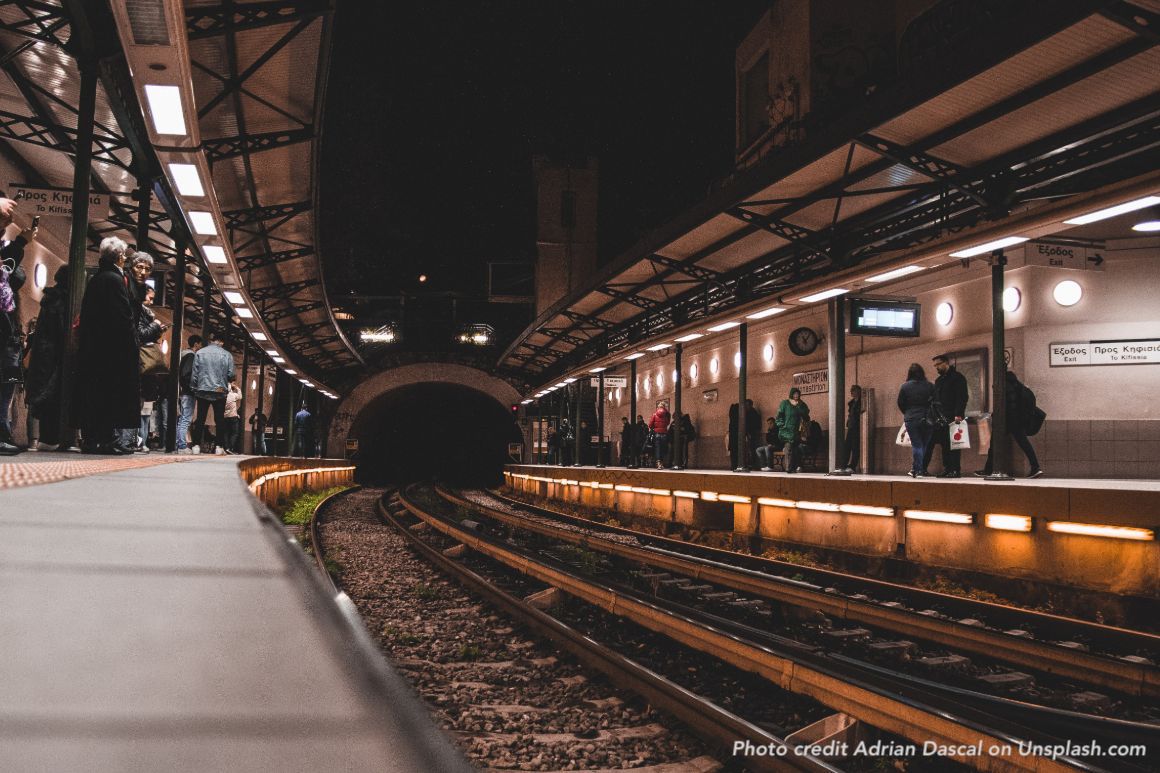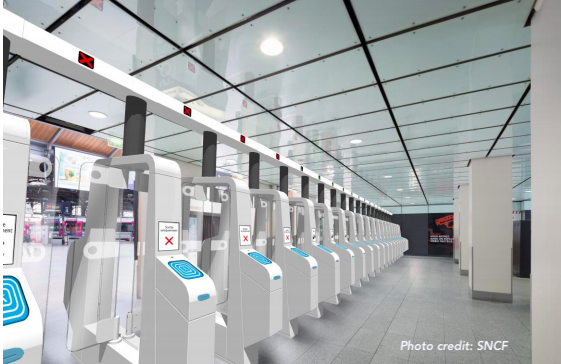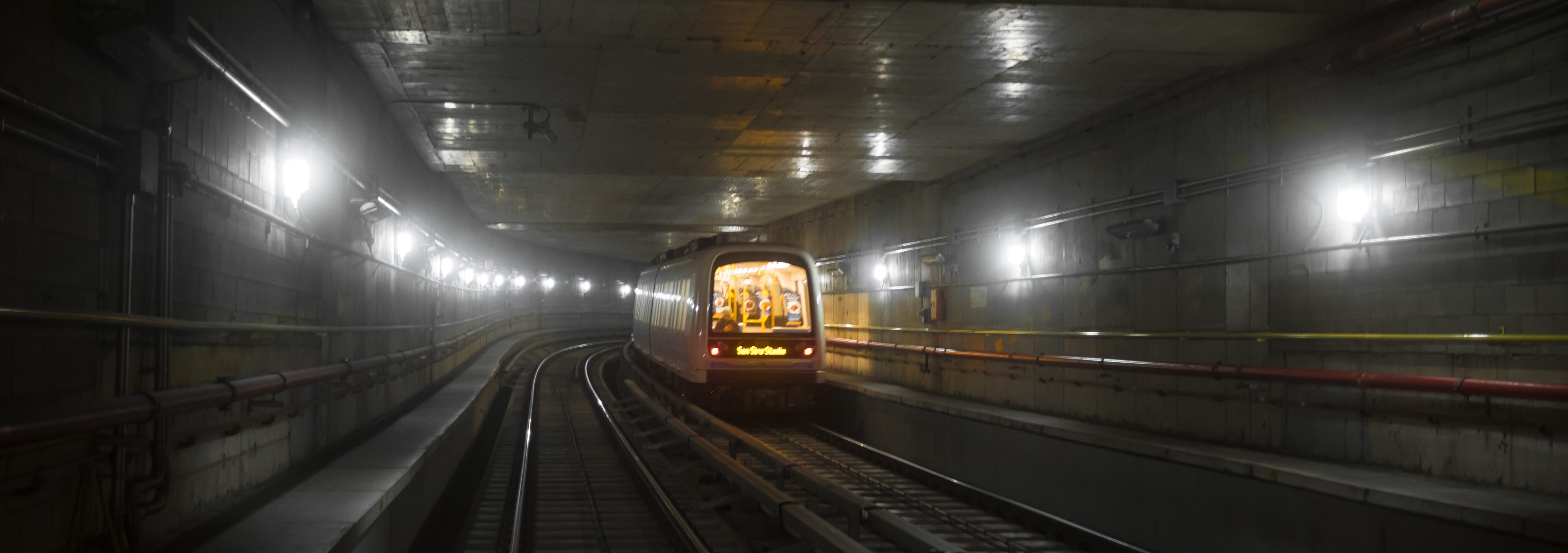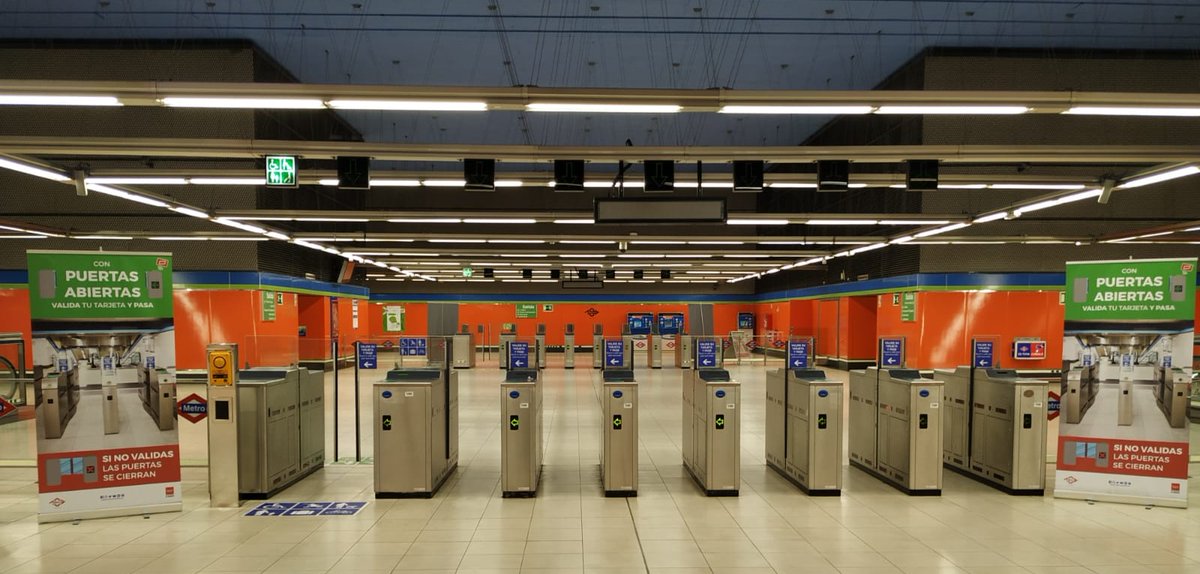The Washington Metro has witnessed a significant decline in fare evasion, thanks to the introduction of modified fare gates. According to a recent update from the agency, there’s been a 70% reduction in fare evasion at stations where these new gates have been installed. This initiative was a response to increased evasion during the...
Metro DC’s New Strategy to Combat Fare Evasion Proves Effective
Nice Reactivated Fare Gates and Boosted Staffing to Combat Fare Evasion
Lignes d’Azur implemented a comprehensive plan to counteract an annual loss of 5 million euros due to fare fraud.
The fare gates at Nice’s underground tramway stations have been reactivated after being previously disabled for the COVID-19 crisis due to safety concerns about passenger proximity. Last month, Gal Nofri, the president of Lignes d’Azur, announced this as one of several initiatives to combat fare evasion. This fraud reportedly results in an annual loss...
MTA’s Pioneering Methodologies to Measure Fare Evasion
The synthesis of traditional surveys and state-of-the-art technology creates a robust blueprint for fare evasion measurement
On May 17, the Blue-Ribbon Panel for Fare Evasion of the Metropolitan Transportation Authority (MTA) issued a report detailing the problem and outlining its two methods for measuring it. According to the most recent data, a concerning pattern has emerged: fare evasion rates increased significantly from pre-pandemic levels of 3 to 6% to 13.5%...
Full-height fare gates to curb down fare evasion in Rennes, France
The new gates cost €7m and should save Rennes metro €15m over the next 15 years
The city of Rennes, France, will soon be giving away its status as the last city in the country to use an open system for ticketing at the Metro. In a bid to curb down fare evasion, authorities are installing full-height fare gates at all current 16 stations on the city’s STAR network. Fare...
Fare evasion impact in Washington D.C.
Recent system upgrades aim to provide more accurate ridership data to measure and prevent rising fare evasion rates
Fare evasion is a global issue causing losses of billions of euros. Washington D.C. ranks third in the US for the financial impact caused by fare evasion, after Massachusetts’ Bay Transportation Authority (MBTA) and New York’s Metropolitan Transportation Authority (MTA). In 2019, fare evasion losses on buses amounted to €24.4m ($29m), and €9.2m ($11m)...
Athens public transport furthers efforts to improve service and boost revenue
Ticket revenue is rising and system upgrades are being rolled out, although fare evasion remains high
OASA (Athens Urban Transport Organization), the body providing most public transport services in Athens, Greece released new data revealing revenue numbers and service upgrades. Bus and trolley ticket revenues totalled €94 million in 2018. This is more than in 2017 (€82 million ) and 2016 (€87 million), though less than in 2015 (€97 million)...
SNCF upgrades to full-height access gates to reduce fare evasion
Under the new plan, 140 new gates at 34 stations will be installed at a total cost of 55 million euros
In July 2019 the Parisian station of Saint-Lazare has been the first one to receive the upgrades. According to the press release issued by SNCF, the cost raised to 14 million euros for this station, out of 55 million euros invested in total to replace 1.800 old access gates at 34 stations on its...
Milan upgrades subway service gates to tackle fare evasion
Fare evasion fines have increased 33% in the past year
In its efforts to reduce subway fare evasion, Milan Transit Authority (ATM) recently announced it will deploy a new improved access gate system. This will become operational at Porta Genova, Cadorna, and Duomo subway stations starting in summer 2019. Compared to the old waist-height turnstiles, the new gates are 1.8m high and have a...
TTC lost $61M to fare evasion in 2018
Auditors general’s report shows fare evasion costed three times more than the Canadian agency previously said and proposes 27 recommendations to fix the situation
Toronto Transit Commission’s prolonged fare evasion issue does not seem to improve. In 2018, TTC lost $61M to fare evasion, according to Toronto’s auditor general report. This figure implies 5.4% of total passengers skipped the fare. It also triples the estimate the agency has consistently defended over time. The bus is the public transport...
Metro de Madrid open fare gates project keeps growing
33 stations keep the fare gates open and only close when a person does not validate the ticket
Last year, Metro de Madrid launched an open fare gates pilot test, keeping the fare gates permanently open for customers, and closing only when someone tries to pass through without validating their ticket. The trial started in February 2018 at Alsacia station and continued at four other stations in late March. Currently, 33 stations...

